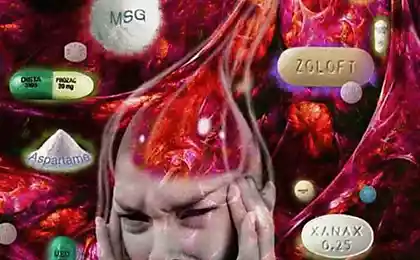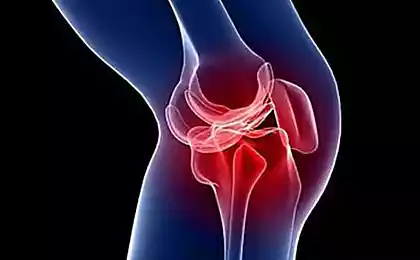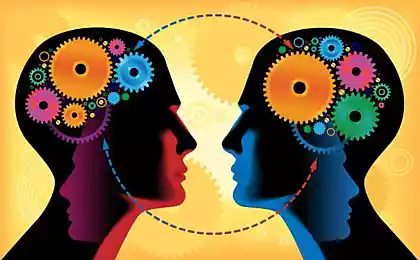554
There is an effect, the opposite effect of the placebo - nocebo

The placebo - a treatment that helps with any disease, but not all. The placebo effect in medicine is well established. The essence of it is that if the patient is assured effectiveness of a drug or procedure, it can achieve the expected effect.
Moreover a positive result may be even if the dummy treatment. If you think that the three tablets will help you better than two, and are confident that the capsule tablets effective, then it is likely to find a confirmation of this from their own experience. And if you think that the expensive original drugs rather cheap generic drugs, then most likely your money will be well spent.
But there is the antithesis of a placebo - nocebo. Nocebo - a phenomenon much less studied than placebo and significantly less common in clinical practice. The term is derived from the Latin nocebo noceo - harm. This term refers to something that does not have a real effect, but causes any adverse reactions in humans, up to his death.
There are many examples of action nocebo. Reported cases of death in patients who have been improperly installed fatal diagnosis. Unfortunately an error is discovered only at autopsy. Difficulties in learning nocebo effects occur because of the ethical requirements that prohibit conduct interventions that can bring harm to the subjects. Still, scientists are studying this phenomenon. Thus, in one study on volunteers examined the relationship between mobile phone use and headache. Some of the study complained of a headache, even when instead of the phone (without their knowledge), they gave it an imitation.
Medications can also play the role of nocebo. Since patients sometimes report a sudden and uncharacteristic for the drug side effects, which can not be explained by the mechanism of action of the drug. There are several factors associated with an increase incidence of adverse effects. These include the patient's expectations of certain adverse reactions at the beginning of treatment, previous experience of treatment with these drugs and, in particular, personal characteristics of the patient.
Despite the lack of knowledge about the physiological basis of action nocebo, some data is still available. It was shown that patients awaiting amplification of pain, increased anxiety. This leads to activation holetsistokinia and enhances pain. This reaction creates a vicious circle of anxiety and pain, which may be an explanation for the nocebo effect. Dopaminergic and opioid systems also play a role in the placebo effect or nocebo.
Nocebo effect is important for clinical practice. Should determine which of the patients at risk of developing the nocebo effect. In dealing with such patients should be carefully choose the words and terms that are not uhudshshit their condition. And with the development of non-specific side effects, it should be borne in mind the possible effect uchitvat notsebo it upon further treatment.
Placebo and nocebo - are two sides of the same coin. Which of them will appear in a particular case depends on the expectations of the patient, ie. E. From a forecast he himself would do. And the nature of the forecast depends on a competent doctor.
Source: www.kabanik.ru
via factroom.ru






















